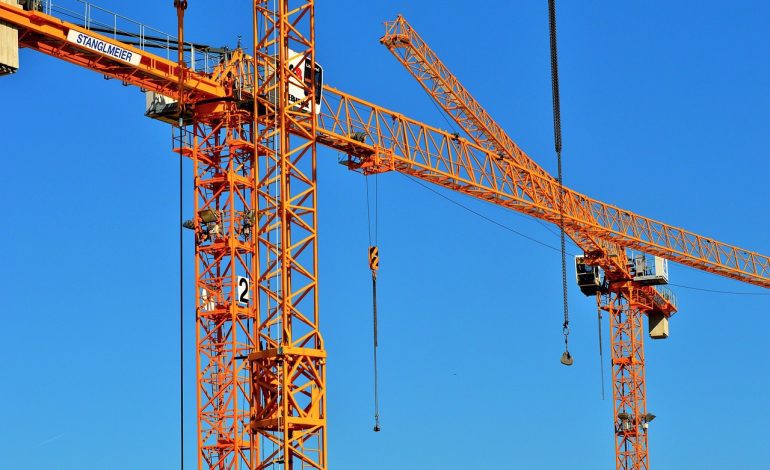
Becoming a certified crane inspector requires meeting specific qualifications that ensure safety and competence in the field. The crane inspection industry demands professionals who understand complex mechanical systems, safety protocols, and regulatory compliance.
Essential Educational Background
Most employers require a high school diploma or equivalent, though many prefer candidates with technical education backgrounds. Associate degrees in mechanical engineering, construction management, or related fields provide valuable foundational knowledge. Trade school certifications in heavy equipment operation or maintenance also demonstrate relevant expertise.
At Certified Crane Inspectors, we’ve seen candidates with diverse educational backgrounds succeed. For instance, a former automotive mechanic from Pittsburgh recently completed our training program, leveraging his mechanical knowledge to become a skilled tower crane specialist.
Required Certifications and Training
NCCCO Certification Requirements:
The National Commission for the Certification of Crane Operators sets industry standards that inspectors must meet. This certification validates your ability to identify potential hazards and ensure equipment compliance.
Experience Prerequisites
Most certification programs require:
Physical and Mental Requirements
Crane inspection involves demanding physical work. Inspectors must:
Mental acuity is equally important. Inspectors analyze complex mechanical systems, interpret technical drawings, and make critical safety decisions. A single oversight could result in catastrophic equipment failure.
State-Specific Licensing
Some states impose additional requirements beyond federal standards. California requires state licensing for commercial crane inspectors, while Texas mandates specific insurance coverage. Research your local regulations before pursuing certification.
Specialized Training Areas
Modern crane inspection covers multiple specializations:
Mobile Crane Expertise:
Tower Crane Specialization:
Professional Development Opportunities
Continuing education keeps inspectors updated on evolving technology and regulations. Many professionals attend instructional risk management seminars to enhance their expertise.
Salary Expectations and Career Outlook
Certified crane inspectors earn competitive salaries ranging from $55,000 to $95,000 annually. Experienced professionals with specialized certifications command higher wages. The Bureau of Labor Statistics projects strong growth in construction inspection careers through 2030.
Getting Started with Certification
Begin by researching training programs in your area. Many community colleges offer preparatory courses, while companies like Certified Crane Inspectors provide comprehensive training programs. Focus on gaining hands-on experience through apprenticeships or entry-level positions.
Understanding what crane inspection involves helps candidates prepare for certification requirements. The investment in training and certification pays dividends through career advancement opportunities and job security in this essential safety field.
Leave A Reply